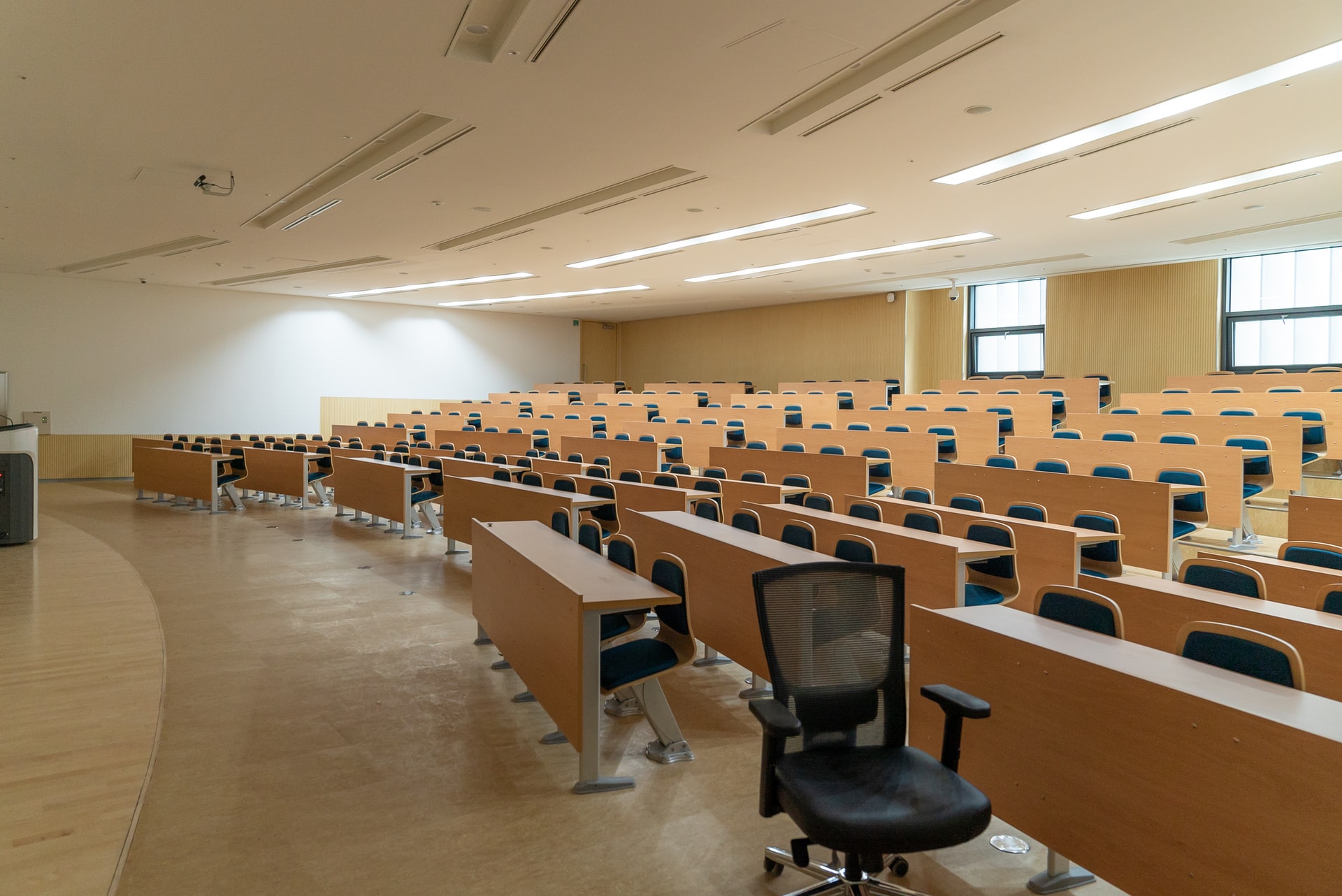Lockdowns had Minimal Effect on COVID-19 Related Deaths, say Johns Hopkins Professors

After carrying out a cost-benefit analysis, Professors Steve Hanke and Lars Jonung of Johns Hopkins University, alongside Jonas Herby of the Center for Political Studies at Copenhagen, have found that restrictions associated with COVID-19 were, for the most part, counter-productive.
At best, the restrictions imposed during the first wave of the pandemic reduced the negative impact of the disease in Europe and the United States by a paltry 0.2%.
Not only did confinement of people indoors cause economic and social strife, but it also had adverse health effects.
Incomes Dropped as Social Evils Rose
The economic consequences of lockdowns included increased unemployment, while social consequences included diminished learning for students, increased incidences of domestic violence, and an upsurge in cases of drug overdose.
CDC statistics indicate there was a 28.5% rise in drug related deaths in the US in the 12 months starting May 2020 and ending April 2021, compared to the previous equivalent period.
Meanwhile, the US National Commission on COVID-19 conducted a study in 2021. The findings indicated that domestic violence cases had risen by 8.1% from the time the country began to impose lockdowns.
The violence that appeared during the lockdowns continue to this day in places such as New York, California, and other places. Further, we see that due to lockdowns, nations that have relied primarily on tourism and related industries were adversely impacted.
There may be some spillover effects where there is an uptick in immigration from those countries to the United States, legally and illegally.
John Hopkins Professors Say That Lockdowns Were An Asinine Idea
According to the report by Professor Hanke and his colleagues, isolating a person infected with COVID-19 at home forced him/her to remain close to family members, and the chances of infecting them were high. These experts also noted that since homes are confined spaces, viral load is higher than in open areas like parks and beaches.
Another reason they attributed to the rise in COVID-related infections was the fact that people tended to congregate indoors even when restrictions were relaxed, because they did not like the obligation of keeping their face masks on when outdoors.
The Single Helpful Intervention
Closing of bars was the only restriction the experts found to have slowed down the rate of COVID-19 related deaths. They, therefore, concluded that lockdown as an instrument of pandemic policy is a terrible idea.
